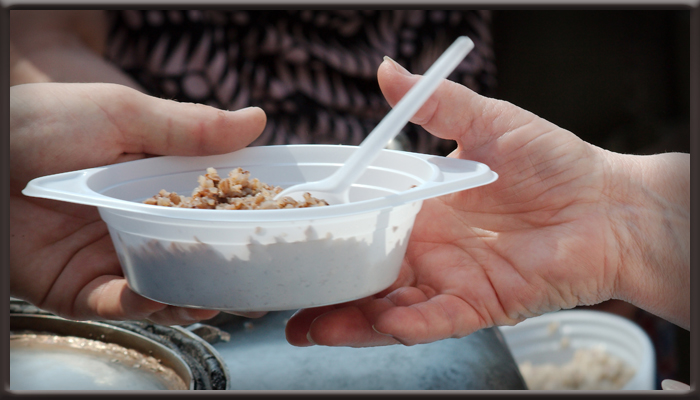Charity, Your Money and Personal Safety
Charity, Your Money and Personal Safety
by David D. Holland
Last week, we talked about “bargain” shopping during the holidays. This week, I’d like to take a few minutes to discuss your money and your safety when you’re at stores and malls. Most people already know to keep their purchases in the car trunk or otherwise out-of-sight. People also know to keep their doors locked and to be observant as they walk out to their vehicles. Unfortunately, even if you do all the right things, you might be taken by surprise. Here is what happened recently to a woman I know.
 “Sarah” (name changed, of course) had been shopping at a well-known department store in Daytona Beach during Black Friday. It was late morning. She returned to the parking lot and put her packages in her vehicle. Since it was a very busy day, she was extra careful to look behind her as she backed out of the parking space, but when she was about to pull forward she heard something hit the back of her car hard with a sharp crack and thud. Sarah put on the brakes immediately to see a man walking alongside her car with a hat in his hand. He motioned for her to roll down her window. She didn’t know what had happened, so she rolled the window down a few inches. The man, probably in his late twenties, said, “I’m sorry, my hat flew off and hit your car.” Sarah knew this wasn’t true, but before she could roll her window up, the stranger said, “I don’t want any money or anything, but my wife and baby are at the bus station with a dead car battery, and it will take me three hours to walk there. Will you give me a ride?” Friends, I hope everyone is recognizing the BIG red flags in this scenario. They get even redder – the man was wearing a jacket (it was warm that day) and had a huge backpack on his back. (Sarah turned down his request.)
“Sarah” (name changed, of course) had been shopping at a well-known department store in Daytona Beach during Black Friday. It was late morning. She returned to the parking lot and put her packages in her vehicle. Since it was a very busy day, she was extra careful to look behind her as she backed out of the parking space, but when she was about to pull forward she heard something hit the back of her car hard with a sharp crack and thud. Sarah put on the brakes immediately to see a man walking alongside her car with a hat in his hand. He motioned for her to roll down her window. She didn’t know what had happened, so she rolled the window down a few inches. The man, probably in his late twenties, said, “I’m sorry, my hat flew off and hit your car.” Sarah knew this wasn’t true, but before she could roll her window up, the stranger said, “I don’t want any money or anything, but my wife and baby are at the bus station with a dead car battery, and it will take me three hours to walk there. Will you give me a ride?” Friends, I hope everyone is recognizing the BIG red flags in this scenario. They get even redder – the man was wearing a jacket (it was warm that day) and had a huge backpack on his back. (Sarah turned down his request.)
People may also come up to you in parking lots and ask for “spare change;” this happened frequently last winter. Our natural inclination is to help others who are in need, but please, don’t do it at the risk of your own safety. The money you give may not be used for food, but for drugs or alcohol. If you want to give, non-perishable food and health care items can be donated to local food banks. Many churches also take up collections and provide services to the less fortunate. To help feed the most people, consider a monetary donation to one of our hometown charities. Two of my personal favorites are Halifax Urban Ministries (HUM) and Food Brings Hope.
